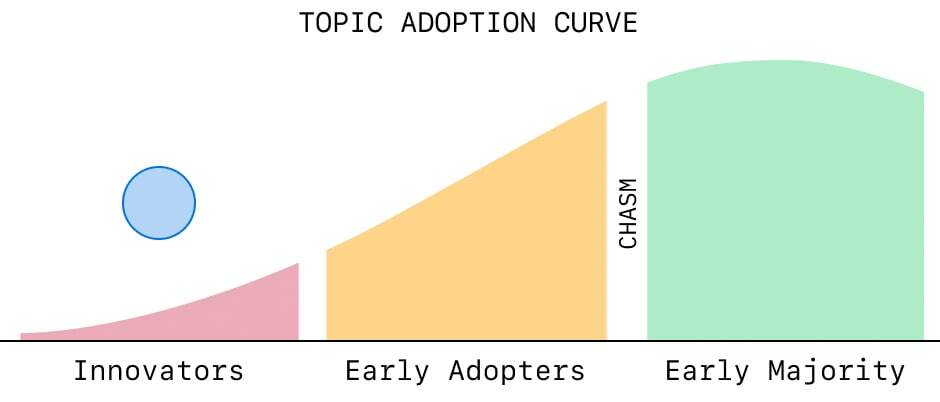Machine Learning
Machine learning is a subset of artificial intelligence in the field of computer science that often uses statistical techniques to give computers the ability to "learn" (i.e., progressively improve performance on a specific task) with data, without being explicitly programmed.
The name machine learning was coined in 1959 by Arthur Samuel. Evolved from the study of pattern recognition and computational learning theory in artificial intelligence, machine learning explores the study and construction of algorithms that can learn from and make predictions on data – such algorithms overcome following strictly static program instructions by making data-driven predictions or decisions, through building a model from sample inputs. Machine learning is employed in a range of computing tasks where designing and programming explicit algorithms with good performance is difficult or infeasible; example applications include email filtering, detection of network intruders or malicious insiders working towards a data breach, optical character recognition (OCR), learning to rank, and computer vision.
Source: https://en.wikipedia.org/wiki/Machine_learning

Presentations
Hands-On Feature Engineering for Natural Language Processing
Think of Grammarly, Autotext and Alexa, as many applications in software engineering are full of natural language, the opportunities are endless. The latest advances in NLP such as Word2vec, GloVe, ELMo and BERT are easily accessible through open source Python libraries. There is no better time...
Panel: ML for Developers/SWEs
Throughout the day, we'll have speakers cover how they've adopted applied machine learning to software engineering. The day wraps with a discussion from the speakers on taking an applied, pragmatic approach to adding ML to your systems and how they solved challenges. Eager to deploy ML...
MLflow: An Open Platform to Simplify the Machine Learning Lifecycle
Developing applications that successfully leverage machine learning is difficult. Building and deploying a machine learning model is challenging to do once. Enabling other data scientists (or even yourself, one month later) to reproduce your pipeline, compare the results of different versions,...
Getting Started in Deep Learning with TensorFlow 2.0
The introduction of deep learning into the data science toolkit has allowed for significant improvements on many important problems in data science. Many advancements in fields such as natural language processing, computer vision and generative modeling can be attributed to advancements in deep...
From Research to Production With PyTorch
PyTorch is a powerful, flexible deep learning platform that enables engineers and researchers to move quickly from research to production. Since the 1.0 release a few months ago, researchers and engineers are already seeing success in taking advantage of the new capabilities to take deep learning...
Time Predictions in Uber Eats
Uber Eats has been one of the fastest-growing meal delivery services since its initial launch in Toronto in December 2015. Currently, it’s available in over 40 countries and 400 cities. The ability to accurately predict delivery times is paramount to customer satisfaction and retention....
Interviews
MLflow: An Open Platform to Simplify the Machine Learning Lifecycle
QCon What is the focus of your work today?
The focus of my work is MLflow: an open source platform for the complete machine learning lifecycle. The MLflow platform provides solutions for data collection, data preparation, model training, and model productionization.
Read Full InterviewFrom Research to Production With PyTorch
What is the focus of your work today?
I work on PyTorch, which is an open source deep Learning framework developed here at Facebook. I specifically work with the team on a lot of the ways in which we enable the success of a broad open source community that spans both bleeding edge researchers as well as ML product engineers putting deep learning technology to use in...
Read Full InterviewTime Predictions in Uber Eats
What is that focus of your work today?
I’m currently leading the time prediction area for UberEats. As you can imagine, precise predictions are keys for the system’s efficiency and reliability. The features I’m working on are like predicting how long it will take to deliver the food to the eater, how long will the restaurant spend to prepare the food, etc....
Read Full Interview